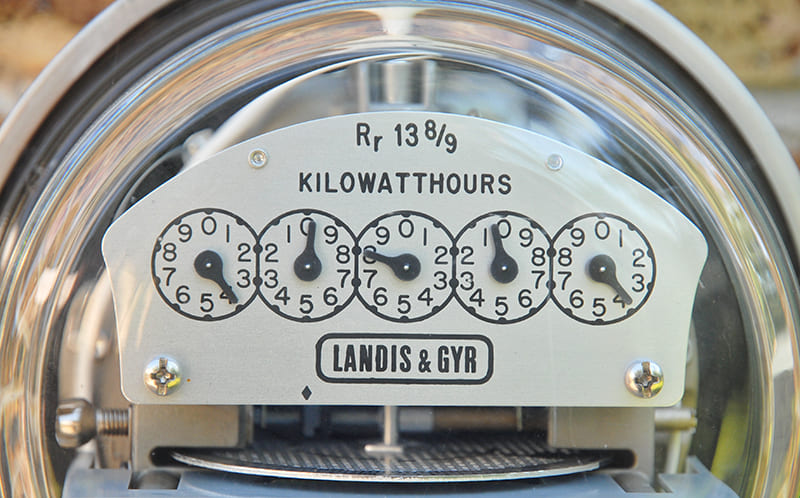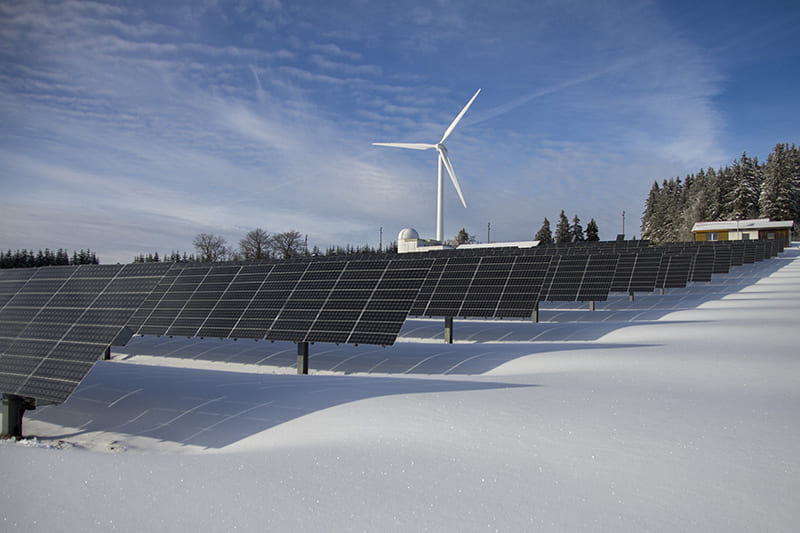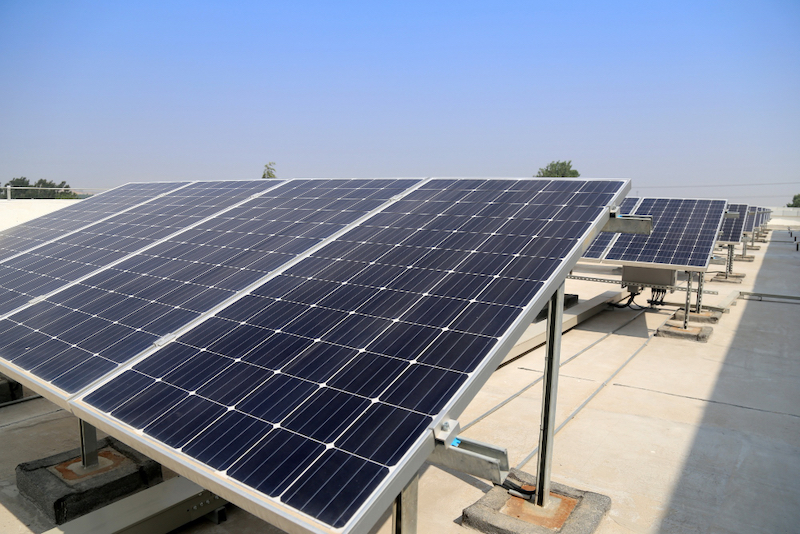
Every business leader knows how important it is to understand and predict operating costs. Your projected budget shows what your future financial picture will look like. It permits you to splurge on upgrades and expansions or cautions against over-extending yourself. Since energy expenses are a significant part of most companies’ expenses, power costs are a critical budget line item.
You may have a handle on how much energy your business uses, but consumption is only one part of the equation. To accurately capture current and future costs, you must understand how much you will pay for that power. Multiple factors affect the price of energy. Here are the most critical components that set your energy rates.
Energy market cycles
Just as strawberries are cheaper in summer and more expensive in winter, energy markets fluctuate during the year. These cycles can have an outsized impact on your budget or cause cash flow problems if you don’t account for them.
One example of a market cycle is summer energy consumption. If most people in your region are cranking up their air conditioning, overall use increases, and prices follow suit. If you locked in your rate during the more mild spring season, you can weather summer’s hot conditions and heated fees without a hit to your bottom line or a deviation from your projected budgets.
Knowing when to lock in your prices is critical to your energy procurement strategy. If your prices aren’t fixed, you’ll want to know what cycles apply in your area and factor those into your projections.
Government decisions
Government energy policy can have a massive effect on energy prices. From managing fuel sources to mandating energy efficiency standards, what happens in the offices of your elected officials can trickle down to your business’s offices.
These effects can be positive or negative. For example, releasing energy reserves may push supply up and prices down. On the other hand, stricter emissions standards, while a win for the environment, can lead to price increases. However, the impact of such changes is hard to predict.
Paying attention to political conversations about energy can give you a sense of what energy price changes might be on the horizon.
Economic conditions
If the economy is on a tear, energy prices often follow suit. When businesses are flush with cash, they expand. That leads to increasing energy demand. More demand leads to higher prices. When the economy is tighter, most companies conserve money, which can mean cutting back production or other changes that decrease costs.
You can use economic conditions as one indicator of the direction energy prices are likely to take.
Global events
Whether it’s a massive hurricane that takes out a generation facility or an outbreak of hostilities, global events can quickly wreak havoc on energy prices. It is essential to be aware of this, though there’s often little you can do to mitigate these problems. Because they often happen with little to no notice, it is difficult to factor war or extreme weather into your energy strategy or budget. However, it is wise to be aware that when they happen, your costs may increase if they aren’t locked in.
Type of contract
Until now, we’ve been discussing factors that affect the energy wholesale market. Factors specific to your company also affect the rate you pay. One of those variables is your energy plan. The plan details determine the price you pay and the variation you may see in that price.
- If you’ve signed an 18-month fixed-price contract, you’ve locked in your rate for that period.
- If you’ve only fixed your rate for a few months, your budget for the next year will be subject to changes in market rates.
- If you pay real-time – or index – prices, you see much more volatility in your price per kilowatt hour and overall costs.
- Some energy contracts lock in a fixed rate for a specific part of your use, with the rest of your consumption billed at variable prices as determined by the wholesale market.
There’s no single best type of energy contract or plan because businesses’ needs, use patterns, and priorities vary. If you need help determining the right choice for your company, energy strategy consulting can help you understand the pros and cons of each option. Before choosing to sign a contract, be sure you understand the price you are paying now and your expense structure in the future.
Energy sources
Some sources of power have more stable prices than others. Hydroelectric and nuclear power tend to have stable prices. Solar is more variable, as is natural gas. To avoid big swings in costs, work with commercial energy consultants to understand the sources of your energy, what that means for budget predictability, and the best approach for addressing your priorities with your next energy contract.
Evaluate for the future
When creating your energy budget, don’t make the mistake of looking only at today’s energy costs. While it is impossible to predict the exact price of energy at some future date, you can consider relevant factors to estimate the direction prices are likely headed. You can also use these factors to determine a good time to lock in your rates. Energy consulting firms in Alberta, Ontario, or wherever you do business can help you understand these variables and apply that knowledge to develop your energy procurement strategy.
Video

Others articles you might like
The full wrap on thermal insulation and energy efficiency
Imagine going out for a coffee with a friend. It’s a blistering summer day and you take them to your favorite place with the best iced coffe...
25 April 2024Six advantages of green energy and microgeneration for companies
Most companies rely partly or entirely on non-renewable fuels, such as coal, oil, and natural gas, to heat and cool their facilities and to ...
9 January 2024Six ways to retrofit your business for energy efficiency
With energy bills getting harder to manage and budget for, more business leaders think about ways to use less energy. Prioritizing your comp...
5 December 2023



